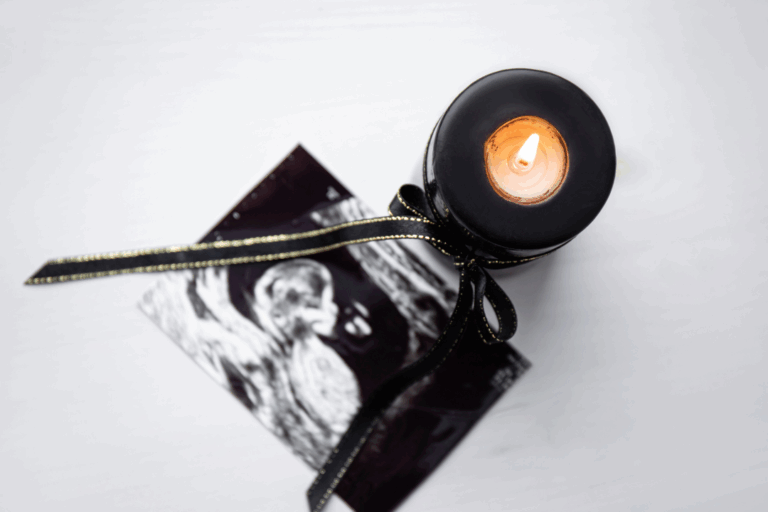Almost no one expects a premature birth. In fact, most of us who had a very considered and detailed birth plan. We all want birth to be safe, calm and to some extent, predictable – as we planned it. But when your little one is in a hurry to enter the world, we are left with questions as to why and what could we have done differently. In this Q&A, Meg Faure answers some of the most frequently asked questions when it comes to premature birth.
Why are babies born prematurely?
There are many reasons why a baby may be born premature, some reasons have to do with the mom – her cervix may be incompetent and not able to hold a baby in, other reasons have to do with infection – when the body knows the infant is at risk by staying in utero. Multiple pregnancies are more common with fertility treatment and moms carrying twins or more babies are also more likely to give birth prematurely.
When is a baby considered to have been born prematurely?
A full term pregnancy is 38 to 41 weeks. Delivery before 37 weeks is considered premature.
When does the baby get discharged? And mom?
The mom is generally discharged as soon as she is well – after an uncomplicated caesarean section, that would usually be 3 nights.
The baby is discharged once she is medically stable and feeding well from mom or a bottle.
What is Kangaroo Care?
Kangaroo Care, also known as KMC, is skin-to-skin contact and care for premature infants. It entails a parent (generally a mom, although dads can help too) holding her naked baby – with only a nappy and little hat on – against her naked chest. The mom and baby are then covered with a sheet or blanket to keep them both warm. It is an amazing strategy that not only provides the optimal sensory space for a prem baby but also can improve the baby’s oxygen saturation levels, weight gain and medical stability.
Taking baby home: what home care tips/advice would you give moms?
This would be the same for all moms – prepare to be tired and try to sleep once in the day when your baby sleeps – you will feel better for it. Have your baby weighed within the first two weeks that you are home to ensure she is feeding nicely. Do not sweat the small stuff, like laundry, emails and family demands – you need a couple of weeks of less pressure to adjust to having a new baby. Draw on help – family and friends and of course dad are your best allies to take the pressure off.




